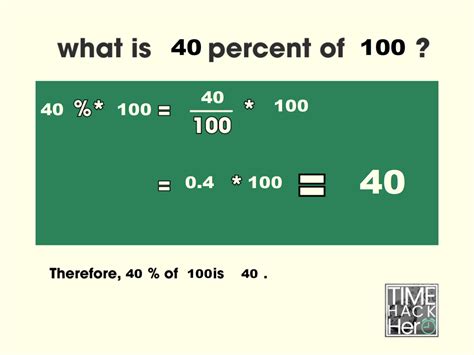Is 'Had' a Preposition? Quick Grammar Guide

When it comes to English grammar, understanding the parts of speech is crucial for clear and effective communication. One common question that arises is whether the word “had” functions as a preposition. Let’s dive into this topic with a comprehensive guide to clarify its role in sentences.
What is a Preposition?
A preposition is a word that shows the relationship between a noun or pronoun and another word in the sentence. Common examples include “in,” “on,” “at,” “by,” and “with.” Prepositions typically indicate location, time, or direction. For instance: - She is sitting in the car. - We will meet at 3 PM.
What is “Had”?
“Had” is a verb, specifically the past tense and past participle form of the verb “to have.” It is used to indicate possession, obligation, or past actions. For example: - I had a great time at the party. - She had finished her homework by 7 PM.
Is “Had” Ever a Preposition?
No, “had” is not a preposition. Its primary function is as a verb, and it does not show the relationship between a noun or pronoun and another word in the sentence. Prepositions and verbs serve different grammatical purposes, and “had” falls squarely into the verb category.
Common Confusion: “Had” vs. Prepositions
The confusion might arise because “had” is often used in complex sentences where prepositions also appear. For example:
- I had been waiting for him since morning.
Here, “for” is the preposition, while “had” is the verb.
Key Takeaway
"Had" is a verb, not a preposition. It is used to indicate past actions, possession, or obligation, while prepositions show relationships between words in a sentence.
FAQ Section
Can "had" be used as a preposition in any context?
+No, "had" is strictly a verb and cannot function as a preposition in any grammatical context.
What is the difference between "had" and "has"?
+"Had" is the past tense and past participle of "to have," while "has" is the present tense used for third-person singular subjects (e.g., he, she, it).
How do I identify a preposition in a sentence?
+Prepositions are words that show relationships between nouns/pronouns and other words, often indicating time, place, or direction. Examples include "in," "on," "at," "by," and "with."
Can "had" be replaced by a preposition?
+No, "had" cannot be replaced by a preposition because they serve different grammatical functions. "Had" is a verb, while prepositions relate words in a sentence.
Conclusion
Understanding the role of “had” as a verb is essential for mastering English grammar. While it may appear alongside prepositions in sentences, it does not function as one. By recognizing the distinct purposes of verbs and prepositions, you can construct sentences with greater clarity and precision.


